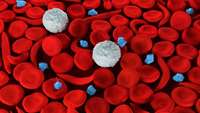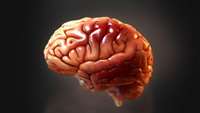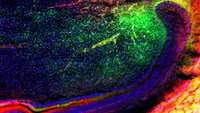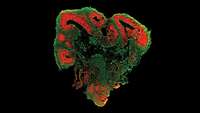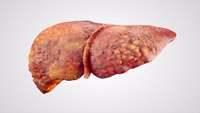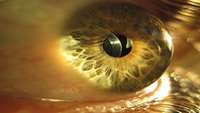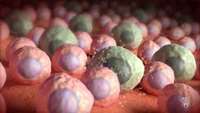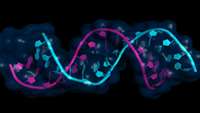Targeting a blood stem cell subset shows lasting, therapeutically relevant gene editing
In a paper published in the July 31 issue of Science Translational Medicine, researchers at Fred Hutchinson Cancer Research Center used CRISPR-Cas9 to edit long-lived blood stem cells to reverse the clinical symptoms observed with several blood disorders, including sickle cell disease and beta-thalassemia.
MGH doctors perform first-ever live-cell pig skin graft to burn patient
Burn specialists at Massachusetts General Hospital are the first in the world to successfully use live-cell, genetically engineered pig skin to temporarily close a burn wound in a human patient — but the breakthrough has drawn opposition from People for the Ethical Treatment of Animals.
Scientists discover how chronic stress causes brain damage
Professor Yus team discovered for the first time that chronic stress causes autophagic death of adult hippocampal NSCs. Autophagy (self-eating in Greek) is a cellular process to protect cells from unfavorable conditions through digestion and recycling of inner cell materials, whereby cells can remove toxic or old intracellular components and get nutrients and metabolites for survival.
A new method of tooth repair? Scientists uncover mechanisms to inform future treatment
Stem cells hold the key to wound healing, as they develop into specialised cell types throughout the body—including in teeth.
Study links progenitor cells to age-related prostate growth
The prostates of older mice contain more luminal progenitor cells cells capable of generating new prostate tissue than the prostates of younger mice, UCLA researchers have discovered.
Positive results from first liver disease cell therapy trial
In a Nature Medicine publication, researchers from the University of Edinburgh’s MRC Centre for Regenerative Medicine (CRM; Edinburgh, Scotland) have reported promising results from the first clinical trial assessing the safety of a liver cirrhosis cell therapy
Tiny devices based on microfluidics set to revolutionize detection and treatment of cancer
A new generation of pathology labs mounted on chips is set to revolutionize the detection and treatment of cancer by using devices as thin as a human hair to analyze bodily fluids.
Allergan and Editas Begin Recruiting for CRISPR/Cas9 Clinical Trial for LCA10
Allergan, a global pharmaceutical company, and Editas Medicine, a developer of gene-editing therapies, have begun patient recruitment for a Phase 1/2 clinical trial for a CRISPR/Cas9 treatment for people with Leber congenital amaurosis 10 (LCA10). The treatment targets a specific mutation (c.2991+1655A>G in Intron 26) of the gene CEP290.
New cause of cell aging discovered
The work, from Assistant Professor of Chemical Engineering and Materials Science Nick Graham and his team in collaboration with Scott Fraser, Provost Professor of Biological Sciences and Biomedical Engineering, and Pin Wang, Zohrab A. Kaprielian Fellow in Engineering, was recently published in the Journal of Biological Chemistry.
Delivery system can make RNA vaccines more powerful
Vaccines made from RNA hold great potential as a way to treat cancer or prevent a variety of infectious diseases. Many biotech companies are now working on such vaccines, and a few have gone into clinical trials.


